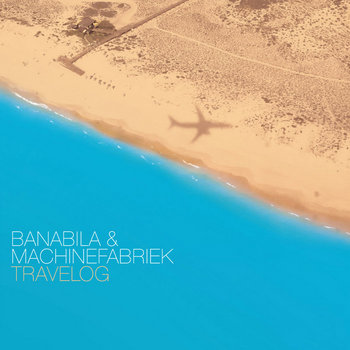 |
| From the Monotype website |
Why has this LP not been reviewed?
This LP has not been reviewed because?
It's noisy. The wrong kind of noise.
It features vocals, screaming, not songs.
It's "avant-garde" (should that description be locked in quotation marks? If so, why? Perhaps because the author fears it will dissuade potential listeners from giving the album a chance. Also, because he questions the validity of the term in the same way musicians in the 60s questioned "Free Jazz". Yet labels are handy, and Avant-Garde signals a refusal by artists to submit to musical orthodoxy).
It's not easy to write about music which does not conform to the rules of common genres (although this author realises that someone, somewhere, who is more conversant with avant-garde music than him, could do so with reference to the history of electro-acoustic recordings in an intelligent manner as befits her/his education, which would probably be more impressive than his).
(break)
Fact:
Nate Wooley - trumpet
C. Spencer Yeh - violin
Audrey Chen - cello
Todd Carter - mixing
(break)
The first three artists being musicians, albeit avant-garde ones, which means that to many ears they are not real musicians at all, played concerts whilst in residency at STEIM (Studio for Electro-Instrumental Music) in Amsterdam. Recordings of these were sent to Todd Carter, who set about playing the role of Teo Macero working with Miles Davis, i.e., cutting and remixing the music...far more radically, even, than Teo cut Miles...
...here, Carter is more akin to Pierre Schaeffer, perhaps. A digital equivalent? Except that whereas Schaeffer reconfigured relatively conventional acoustic music (along with the sound of trains etc), Carter worked with improvised acoustic sound. This made his job:
a) easier because there were no formal patterns in rhythm, or melody and harmony to disrupt: or
b) harder because spontaneously improvised music is already like an aural cut-up.
(break)
Hey, Nate, C, Audrey, Todd, what are you like?
Like the best nightmare you ever had, one which stimulated you to the point of orgasm whilst simultaneously piercing your throbbing heart with icy terror.
Like high-voltage Edgard Varèse conducting sawmill machinery.
Like walking through a shock corridor packed with imprisoned insane patients playing instruments freely.
Like a soundtrack to a sci-fi film in which creatures more terrifying than the Alien stalk astronauts before disembowelling them with razor sharp tongues, then eating their brains, raw.
Lest the wrong impression is given, it must be stated that this is, above all else, a beautifully crafted arrangement of sound, as opposed to a continual Noise manifesto. It is meditative,
cacophonous
and musical.
Yeh's violin-playing, as with Ornette Coleman's use of the instrument, already expands the sonic possibilities before being transformed again by Carter's post-production. Whilst the altered acoustic sounds rattle your ears, the electro ocean of sound rises and falls, consumes, and creates a bedrock.
The sound clips below only give a taste. Consuming the whole product is necessary in order to gain full appreciation and highly recommended.
Monotype




+version+2.jpg)

















